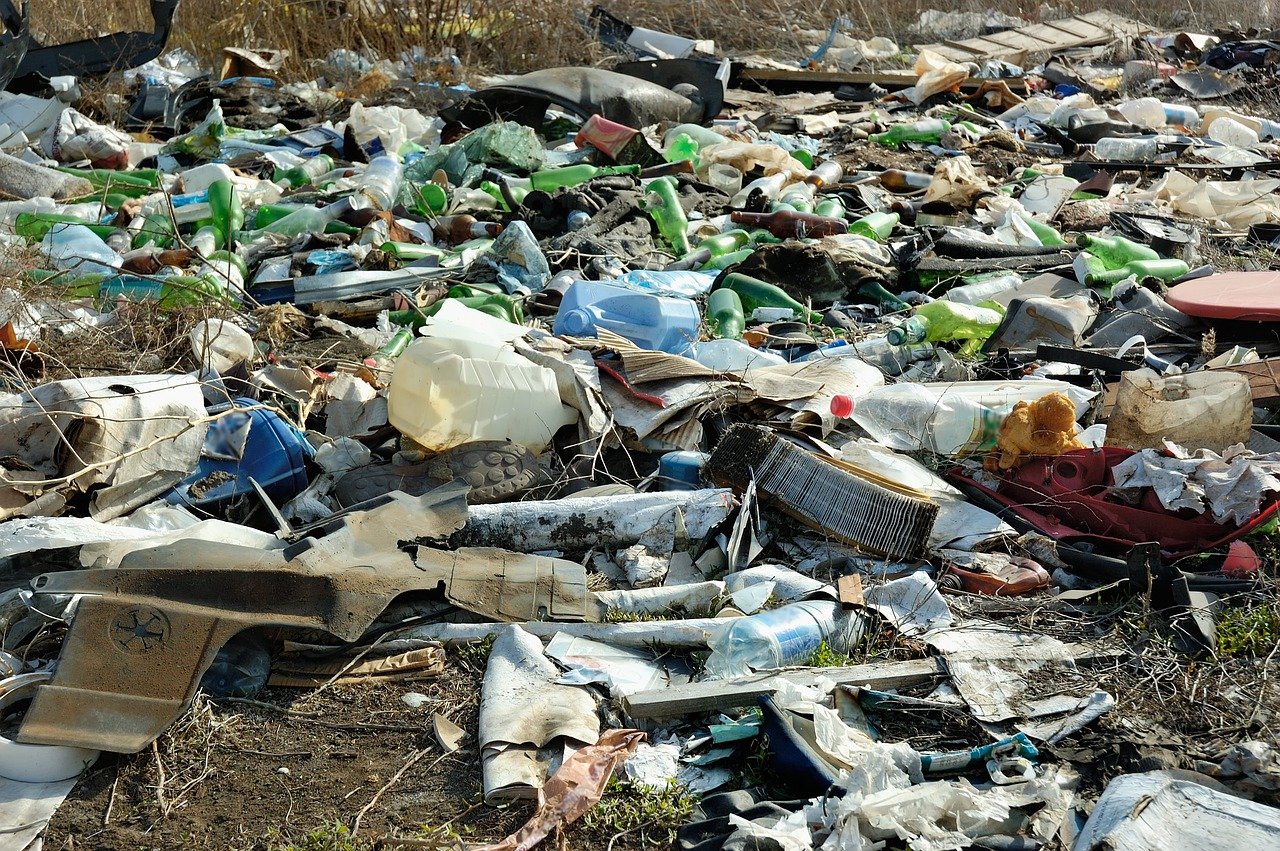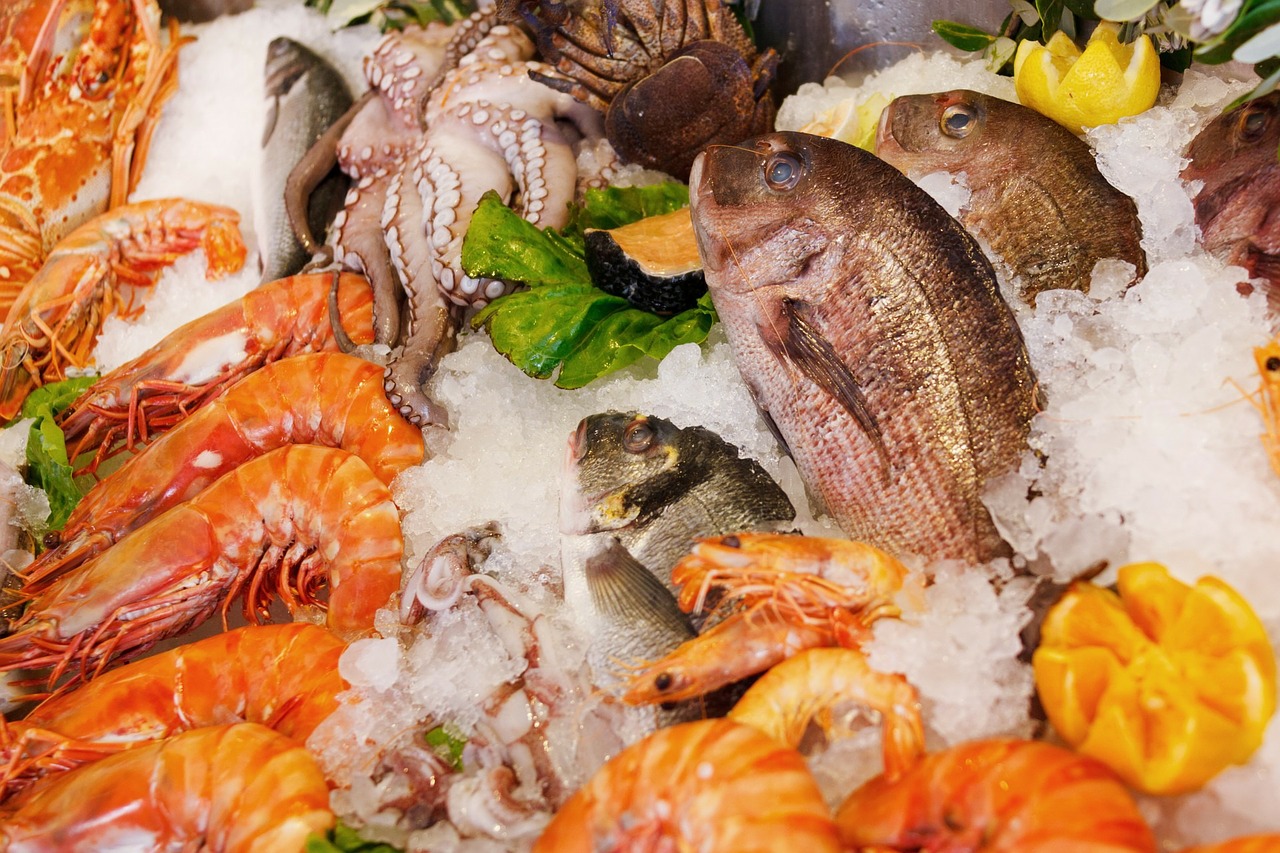Stop waging war on plastics. Really?

In an article published on the website Capital.fr (1), French researchers claim loud and clear the virtues of plastic by criticizing the voices that call for its elimination from use.
The authors of this article start first by attacking received ideas which they believe are false (but not really in our opinion). First, they consider a future without plastic to be unachievable and even retrograde. Plastic is present in virtually every day-to-day use and has such a wide set of desirable properties that it is difficult to find a less polluting substitute for it. It’s difficult but not impossible. Humanity lived without plastic until very recently (20th centuries). If the trip to the past is currently not possible and the abrupt cessation of all use of plastic is not an option (and is not considered), there are many feasible ideas to get out of plastic (and also nuclear and fossil fuels). For many applications we already have alternatives (2), other uses are not essential and can be eliminated (5). For the rest, scientific research is trying to find a solution. I am confident that in the not too distant future, this goal will be achieved for most types and uses of plastic.
The authors also advocate considering the energy value of the entire life cycle of a product, “that is to say all of the environmental impacts of a commodity, from its manufacture to its destruction” but they fall into their own trap. The set of environmental impacts of a product is not limited to its energy consumption but also includes other aspects. The problem with plastic is not its energy consumption but the pollution with solid waste which is not (bio)degradable. Even when it decomposes plastic is a problem because plastic particles contaminate groundwater (7) and then find their way into our food (6).
Another example which contradicts the approach of these authors is that of nuclear energy which is very clean in terms of greenhouse gas emissions but poses serious problems when it comes to getting rid of nuclear waste and in particular in the event of accidents (eg Chernobyl, Fukushima).
Besides, the authors are using the wrong term. It is not the energy consumption that is problematic but rather the resulting pollution via greenhouse gas emissions and fuel extraction. As a result, this energy consumption only poses a problem in the case of fossil fuels (and nuclear). The ambition of a world that runs completely on renewable energy can be achieved in the medium term. A country like Austria already produces the majority of its electricity from renewable sources and has even reached 100% in the province of Lower Austria (3). Electric cars are a reality and electric trucks for transporting goods are in development.
It is true that plastic requires much less energy for its production and its recycling (because it does not require high temperatures) and its transport (because it is very light) compared to other alternatives (cardboard, glass and aluminum for example). But this advantage is immediately dissipated if we consider the use of renewable energies in production and electric vehicles in transport. It is true that a paper cup requires more energy to produce than its plastic version, but this energy is in the form of electricity and not oil.
We must also not forget that plastic is derived from petroleum and that this also gives it harmful effects on the environment in the extraction phase.
The authors therefore advocate the recovery of plastic waste through its reuse and the implementation of recycling centers all over the world. Recycling helps to moderate the effects of our consumption of plastic (as well as other polluting materials) on our planet, especially in countries with good waste management, but does not solve all environmental problems. Moreover, not all types of plastic are recyclable, some lose quality when they are or can only be recycled a limited number of times. When they are recyclable, they are not always recycled (9). Moreover, the recovery of these materials is far from sufficient. Sometimes it is difficult to separate them from other waste (this is the case with plastic straws, micro-plastic in cosmetic products, plastic films in plasticized products). Also, people are not always thorough in terms of sorting their waste and disposing of it. In most countries of the world, waste management is weak or completely non-existent. Thus, a large part of our waste ends up in nature (and the oceans). Also, for economic reasons, it is not always profitable for companies to use recycled materials. Firstly because they are often contaminated and their ‘purification’ is expensive, and secondly because the virgin raw material is cheaper as is the case for most types of plastic, especially when oil prices are low. If there is a visible interest in recycling PET bottles, that of yoghurt pots and margarine tubs (PP) does not attract many people. Companies in developed countries have long had the plastic waste collected sent to countries where the regulations are less strict and where this waste is simply thrown away in sometimes clandestine landfills (4). Following the same reasoning, the treatment of end-of-life products using clean destruction processes does not solve the problem either because once again, they have to be recovered.
Where we begin to agree with the authors is when they suggest acting at the root of the problem by modifying plastics in order to guarantee them a more eco-responsible end of life. This is indeed what is sought by several scientists (for example, biodegradable (bio)polymers (8)). But it seems that the authors do not make the difference between non-degradable plastic and these new biodegradable types that no one calls to eradicate and which, on the contrary, are considered as clean alternatives to plastic. Finally, even if it is a good idea for the environment, it is still insufficient because not all types of plastic have a biodegradable substitute. Also, the manufacture of these materials to replace all our plastic needs, from vegetable sources (soya, corn) on which the diet of a large part of the population of the planet is based, can pose additional challenges, in particular, that of not to affect the quantities intended to feed the world and their prices. We must therefore also think about banning the use of plastic (and other problematic materials) when it is not essential. In summary, we must continue to wage war on plastics.
1) https://www.capital.fr/economie-politique/pollution-arretons-de-faire-la-guerre-aux-plastiques-1338388
2) https://presse.spar.at/news-aus-fuer-plastik-obstsackerl-bei-spar-in-wien-?id=86319&menueid=504&l=deutsch
3) https://www.theguardian.com/world/2015/nov/06/all-electricity-in-austrias-largest-state-now-produced-from-renewables
4) https://www.theglobeandmail.com/world/article-malaysia-to-send-back-plastic-waste-to-foreign-nations-2/
5) https://www.bbc.com/news/world-africa-49421885
6) https://www.nationalgeographic.com/environment/2019/06/you-eat-thousands-of-bits-of-plastic-every-year/
7) https://www.sciencedaily.com/releases/2019/01/190125112312.htm
8) http://pedagogie.ac-limoges.fr/physique-chimie/IMG/pdf/biopolymeres-2.pdf
9) http://napcor.com/reports-resources/
